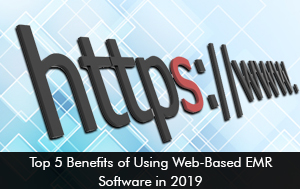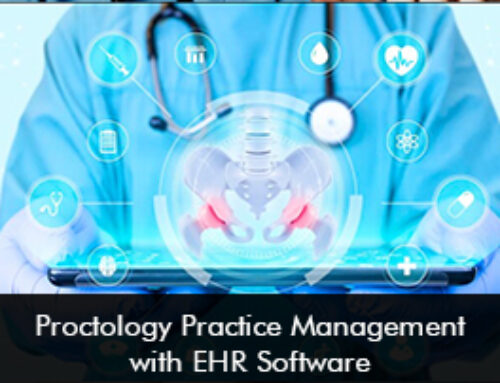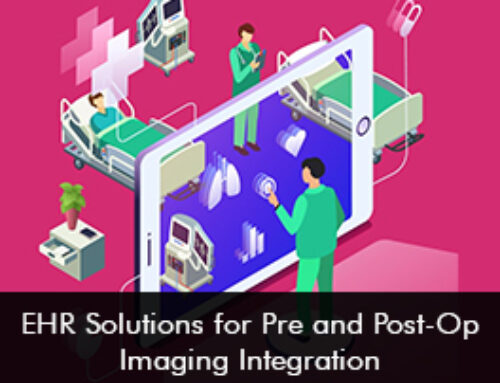The implementation of Electronic Health Records (EHR) Software Systems has revolutionized the way medical facilities, practices, and physicians engage with each other and their clients. There are many factors to consider when it comes to the way physicians and patients communicate with each other.
While the transition to EHR & EMR systems has increased, so has the need for flexibility and efficiency among healthcare practitioners, physicians, and medical facilities. That is why healthcare providers are now moving from client-server based EMR systems to cloud or web-based Electronic Medical Records (EMR) software systems. There are a number of benefits linked with using web-based EMR, EHR & Practice Management (PM) software systems:
Less IT & Implementation Costs
The IT and implementation costs are significantly reduced if you choose to adopt a web-based EMR system. Some practitioners also adopt a client-server onsite and keep it as a backup option while using the Cloud-based EMR system as the primary software system. Web-based EMRs speed up the routine processes and workflows of the practices along with providing them a customizable platform to meet the unique needs of each practice.
Apart from the IT and implementation costs, you also do not have to worry about the maintenance or upgrade costs. The upgrades are made from the EMR vendor’s end.
Better Levels of Security
Web-based EMR software eliminates privacy-based issues linked with having paper-based files and charts. Most EMR systems’ vendors have multiple layers of security measures in place to protect data and remain in compliance with all HIPAA regulations, and provide high levels of support to all practices including small clinics or solo practitioners.
Remote Access to Data
As the data is stored on a cloud, the healthcare physicians and patients can access it anytime from anywhere. This helps when the physician is off-site, or a hospital needs to access records that were previously only accessible from the doctor’s office. All the medical data and information is updated and stored in real time so any physician or medical facility will have the most accurate information whenever they need it. It also helps them in making an informed decision.
Accessible Healthcare Medical Records
All the web-based EMR, EHR and PM software allows patients to use their patient portals. Patients are able to view their own medical records, lab results, medications, and messages from the physicians. The portal can also be used for appointment reminders, patient scheduling, procedure dates, billing services statements, and lab results. A recent survey found out that access to patient portal improves the satisfaction rate of the patients.
Scalable EMR Software
The web-based EHR software is suitable for practices of all sizes. The days are gone when only small sized practices used to prefer web-based EMR systems. These days mid-sized and some of the large practices are implementing web-based versions of EMRs. When you implement web-based billing EMR software systems, integrating additional features, devices or practices onto the network is very simple and easy.







